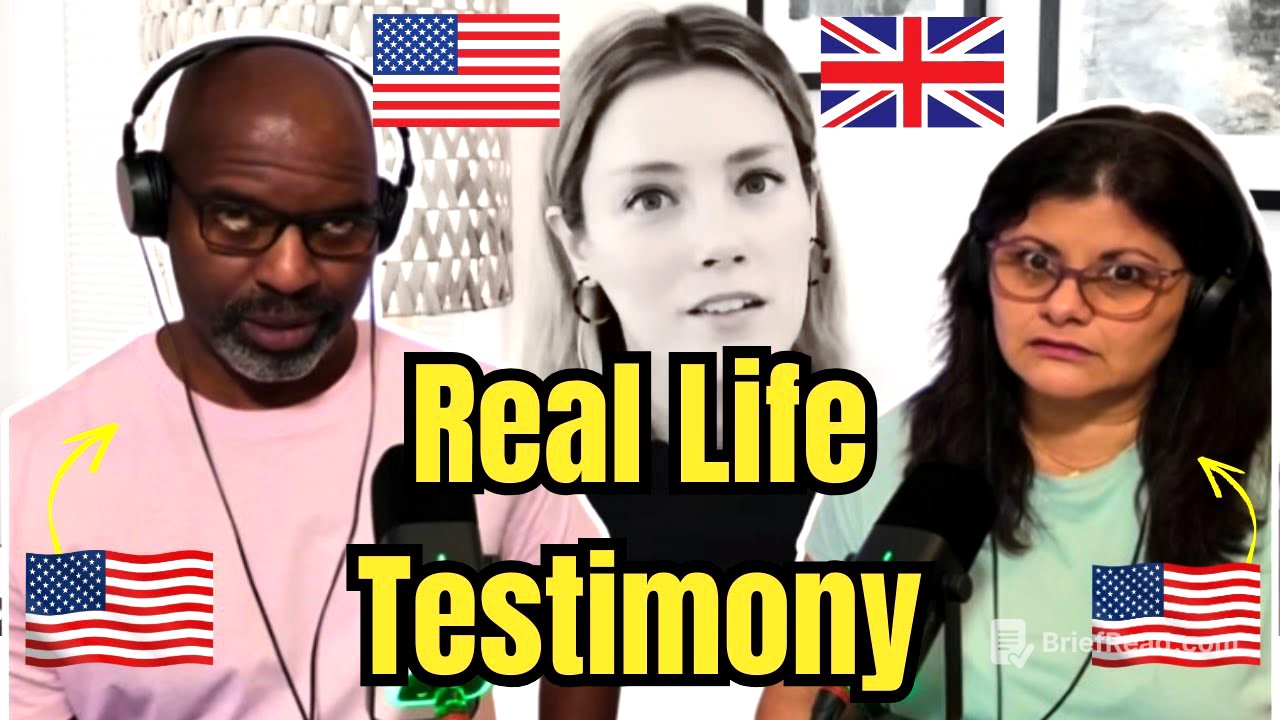TLDR;
This video discusses the differences between the UK's National Health Service (NHS) and the US healthcare system, based on one person's experience of transitioning from the former to the latter. The key points include the pervasive cost of healthcare in the US, the complexities of navigating insurance, the challenges of finding the right doctors, and the need for constant self-advocacy to secure affordable treatment. The video also touches on the ethical considerations of funding healthcare through taxes and the impact of wealth on access to quality care.
- Cost is a major barrier to healthcare in the US, unlike the UK's NHS.
- Navigating the US insurance system is complex and confusing.
- Finding the right doctors and specialists requires significant effort and can be limited by insurance.
- Self-advocacy and health literacy are crucial for obtaining affordable and effective treatment in the US.
- The US healthcare system is perceived as a class system where access to quality care is often determined by wealth.
Introduction [0:01]
Greg and Lisa introduce the video topic: a comparison of UK versus US healthcare based on Lisa's experience as a British citizen who spent most of her adult life using the NHS and has now moved to the United States. They encourage viewers to subscribe to their channel and to check out Lisa's channel, "She's Diabetic".
The Pervasive Cost of Healthcare in the US [0:58]
The speaker describes the initial shock of encountering constant costs associated with healthcare in the US, from appointments to blood tests. She contrasts this with the NHS, where care is provided without direct charges at the point of service. The US system is perceived as a class system, where access to healthcare is determined by the ability to pay for insurance and treatment. The different insurance packages like bronze, silver, gold, and platinum are signifiers to denote how much coverage you're going to have.
Navigating the US Insurance System [3:42]
One of the most confusing aspects of US healthcare is choosing the right insurance. Even with employer-provided insurance, there are numerous options and complexities, such as deductibles and coverage levels. The variations of deductibles and the variations of so many things are overwhelming. High deductibles can lead to significant out-of-pocket expenses, even with monthly premiums. The speaker recounts instances where substantial payments were still required for necessary procedures, despite having insurance.
Finding the Right Doctors and Specialists [5:19]
In the UK, a general practitioner (GP) handles a wide range of medical needs, including prescribing medication and treating various conditions. In the US, it's necessary to register with different doctors and specialists, and primary care physicians may not be able to prescribe certain medications, requiring specialist visits. This can lead to delays in treatment and the need to navigate multiple appointments and systems. The experience of needing to see multiple specialists, each with their own systems and costs, is highlighted as a significant burden.
HMO vs PPO and the Impact of Wealth [9:28]
The video discusses the differences between Health Maintenance Organisation (HMO) and Preferred Provider Organisation (PPO) insurance plans. HMO plans are cheaper but require referrals from a primary care physician to see specialists, while PPO plans offer more flexibility but are more expensive. This illustrates how wealth can influence the type of healthcare one receives, with those who can afford PPO plans having easier access to specialists.
The Need for Self-Advocacy and Health Literacy [11:27]
The US healthcare system demands a high degree of self-advocacy and health literacy. Patients need to research doctors, understand their insurance coverage, and find the most cost-effective options for prescriptions, such as using coupons or different pharmacies. The speaker expresses frustration with the need to constantly "bob and weave" through different options to get the best deal on healthcare.
Ethical Considerations and the NHS Funding Model [14:58]
The video touches on the ethical considerations of funding healthcare through taxes, as is the case with the NHS. While the NHS is funded through a taxed system, with a percentage of income tax going towards it, this model ensures universal care. The speaker acknowledges the debate around wealthier individuals contributing more, but expresses a personal belief in the suitability of this approach for caring for a public.
Conclusion [17:36]
The speaker concludes by reiterating that the quality of care in the US can be excellent, but the complexities of accessing that care are a significant concern. She acknowledges her privilege in being able to navigate the system and afford the necessary treatments. The video ends with a wish for viewers' health and well-being. Greg and Lisa summarise the video and read comments from viewers.









